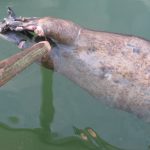The Yukon-Kuskokwim Delta of Western Alaska is one the most rural parts the United States. With 56 villages scattered across some 50,000 square miles, the Y-K Delta region is abundant with wild fish and game, upon which its predominately Yup’ik residents heavily depend.
Although rich in culture and history and despite a growing population, the Y-K Delta is one of the most underserved regions of Alaska. Many residents choose to stay because of strong kinship ties and the continuity of subsistence practices that provide healthy wild foods and cultural enrichment.
As in other parts of coastal Alaska, the Delta is being affected by climate change. Rising temperatures, thawing permafrost, flooding and erosion are a few of the problems the region is facing. The village of Napakiak lost about 75 feet of coastline in recent storms, threatening key buildings and infrastructure.
Alaska Sea Grant is partnering with tribes, U.S. Fish and Wildlife Service, State of Alaska, U.S. Army Corps of Engineers, Agnew::Beck Consulting, and Nautilus Impact Investing to help Delta communities plan for the hazards they are likely to face in future years. Workshops were held in Bethel, the regional hub community, in March and August 2018 and an action plan is being developed.
“The goal is to help build resilience for Y-K Delta resources and the people who depend upon them. Tribal and community leaders, regional organizations, individuals, researchers and public resource managers are developing practical adaptation strategies. These projects are tangible and could happen in the short-term but have lasting impacts,” said Davin Holen, Alaska Sea Grant’s coastal community resilience specialist.






